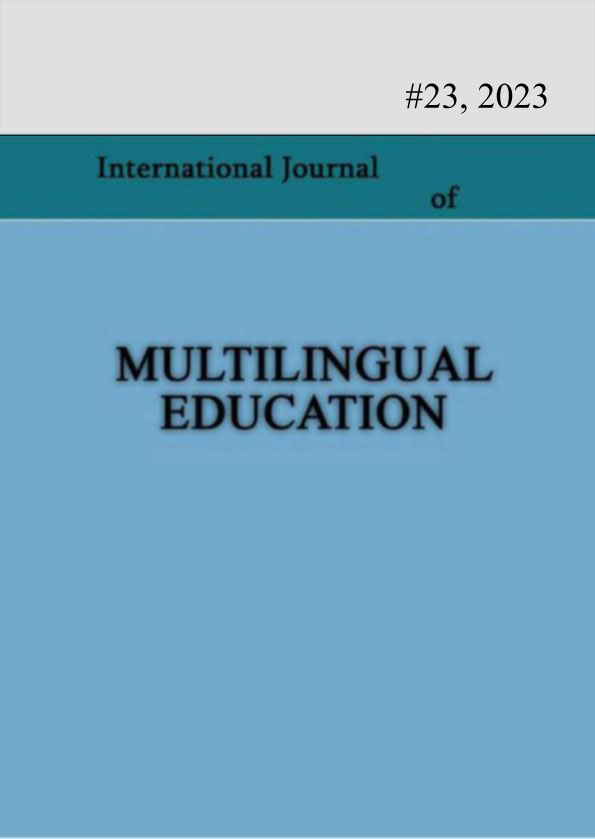On the Georgian-Greek Language Relations: Transferring the Greek Verb Forms Containing the Semantics of the Iterative Category to Old Georgian Translations
საკვანძო სიტყვები:
Keywords: Georgian-Greek language relations, principle of free translation, Iterative categoryანოტაცია
Translation activity played an important role in the formation and rapprochement of
Georgian-Greek language relations. In the paper, we discuss the issue of how the verb
forms containing the semantics of the Iterative category were translated from old Greek
in the Georgian Gospels. In Greek, the Iterative category is a semantic category expressed
by lexical units. Together with the lexical units, different verb forms create the idea of
recurrence. In old Georgian, the category was expressed morphologically through the
iterative screeves.
In terms of Georgian-Greek linguistic relations, the findings of our study are quite
interesting as they give information how canonical texts were translated into Georgian. It
is clear that the translators and scribes followed the tradition: they used the iterative
screeves but they could not avoid the influence of the original works. Since in Greek the
Iterative category is a semantic category, as a result of the influence of the Greek
language, together with the iterative screeves, they actively used the lexical means in
Georgian translations, the equivalents of which were attested in the original. Accordingly,
in the Georgian Four Gospel editions, there are a number of calques (double expression
of the category), which is not natural for the Georgian language. Translators sometimes
used the principle of free translation, however, based on the principle of translation of
canonical texts, they mainly tried to express the Iterative category through accurate
translation.
გამოქვეყნებული
როგორ უნდა ციტირება
გამოცემა
სექცია
ლიცენზია

ეს ნამუშევარი ლიცენზირებულია Creative Commons Attribution-NonCommercial 4.0 საერთაშორისო ლიცენზიით .

